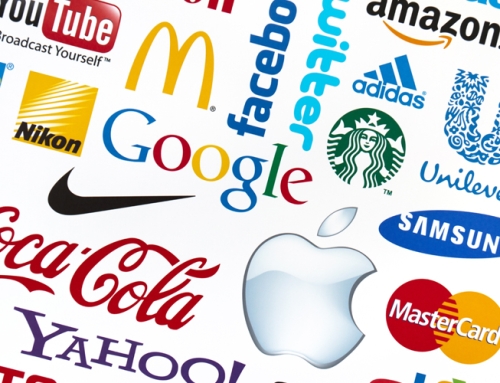Not that long ago, Americans were able to disagree fairly and politely. But in a highly opinionated era and depersonalization through social media, a single word, phrase, or contentious spokesperson has the power to turn the smallest hiccup into open viral warfare. That’s why companies need to be especially careful their messages and actions don’t venture into sensitive territory.
I’m not here to suggest any particular viewpoint or value is right or wrong. What I do want to make clear is that in the current business environment with a multitude of communication channels, it’s all too easy for companies to find themselves in the social media spotlight for either inadvertently or thoughtlessly upsetting customers and other stakeholders.
At a micro level, a simple example – COVID. Whether to get vaccinated or not vaccinated. Regardless, it has been polarizing and it has fractionalized the closest of kin.
Another example: limiting your communications to text or email-based only. With emails and text messages, it’s all too easy to make inaccurate assumptions. We’re all guilty of doing it at some point in our careers. How often has a text or email message sent to an employee, a colleague, or supplier been misinterpreted and defined as angry, non-caring or curt? When in actuality, the intent was quite the contrary.
We’ve all heard the tired joke about why we shouldn’t assume, but so many of these problems begin when company owners and other leaders make inaccurate assumptions, such as believing their customers and other stakeholders — especially employees — share their personal convictions, ideologies, or moral beliefs.
To be clear, the world isn’t asking you to take a public stance or create an echo chamber regarding alliances, views, disabilities, color of skin, or life choices. The point is, analyze your marketing content through every possible lens you can so you don’t become a viral superstar for the wrong reasons.
Also keep in mind that sometimes, a message that’s seen as funny or innocuous among one group of stakeholders can provoke major controversy among others.
What about customer satisfaction? People seem to be more unhappy with the service they’re getting than ever. An issue that might have resulted in an angry letter a generation ago might lead to your brand showing up on Twitter’s trending list. Even if the issue never became prominent outside of your community, posts bashing your company may gain wide audiences on social media chatter sites.
Sometimes, the threat to your reputation comes from an internal source. Discovering a flaw in a product or being forced to recall and replace something can wipe out years of positive impressions if it’s not managed well.
In addition, it can be beneficial to host sensitivity training for your team members; especially, sales and customer service staff, to reduce the potential of a negative or embarrassing interaction leading to public criticism. The training will have another benefit: they’ll have a better understanding of how to connect with all customers and employees.
To deter those valiant keyboard warriors, apologize and make amends. A sincere apology can go a long way in the recovery process. Offer a genuine and heartfelt apology to those affected by the PR disaster. Acknowledge the impact of the incident and express empathy towards those who were harmed or inconvenienced. Additionally, outline the steps you will take to rectify the situation and prevent it from happening again. Actions speak louder than words, so it’s important to follow through on your promises and make amends where possible.
It’s important to remember that recovering from a PR disaster takes time and consistent effort. Remember that well-known, nationwide Mexican restaurant, beleaguered by foodborne illnesses for three years? And yet, that company survived their PR disaster, but it’s taken at least five years to recover and have customers trust their brand. Each situation is unique, so tailor your approach to the specific circumstances you are facing. Seeking the guidance of professionals or crisis management experts can also be beneficial in navigating through the recovery process.
The best advice? Reduce the risk of finding yourself in the middle of a PR disaster by establishing a short or long-term relationship with a marketing firm. As an outsider looking in, they have the luxury of seeing things you don’t. When it comes to your company’s marketing and other public messaging, be watchful. Concentrate on why you’re in business. Bottom line, clients and prospects need to know why they can count on you and what you offer to help them meet their needs and goals, and to be successful.
Deborah Daily is co-owner of Buckaroo Marketing | New Media.
Published: July 19, 2023
Website Link: Inside Indiana Business – 07-19-2023
PDF Version: Inside Indiana Business – 07-19-2023 (PDF Format)






